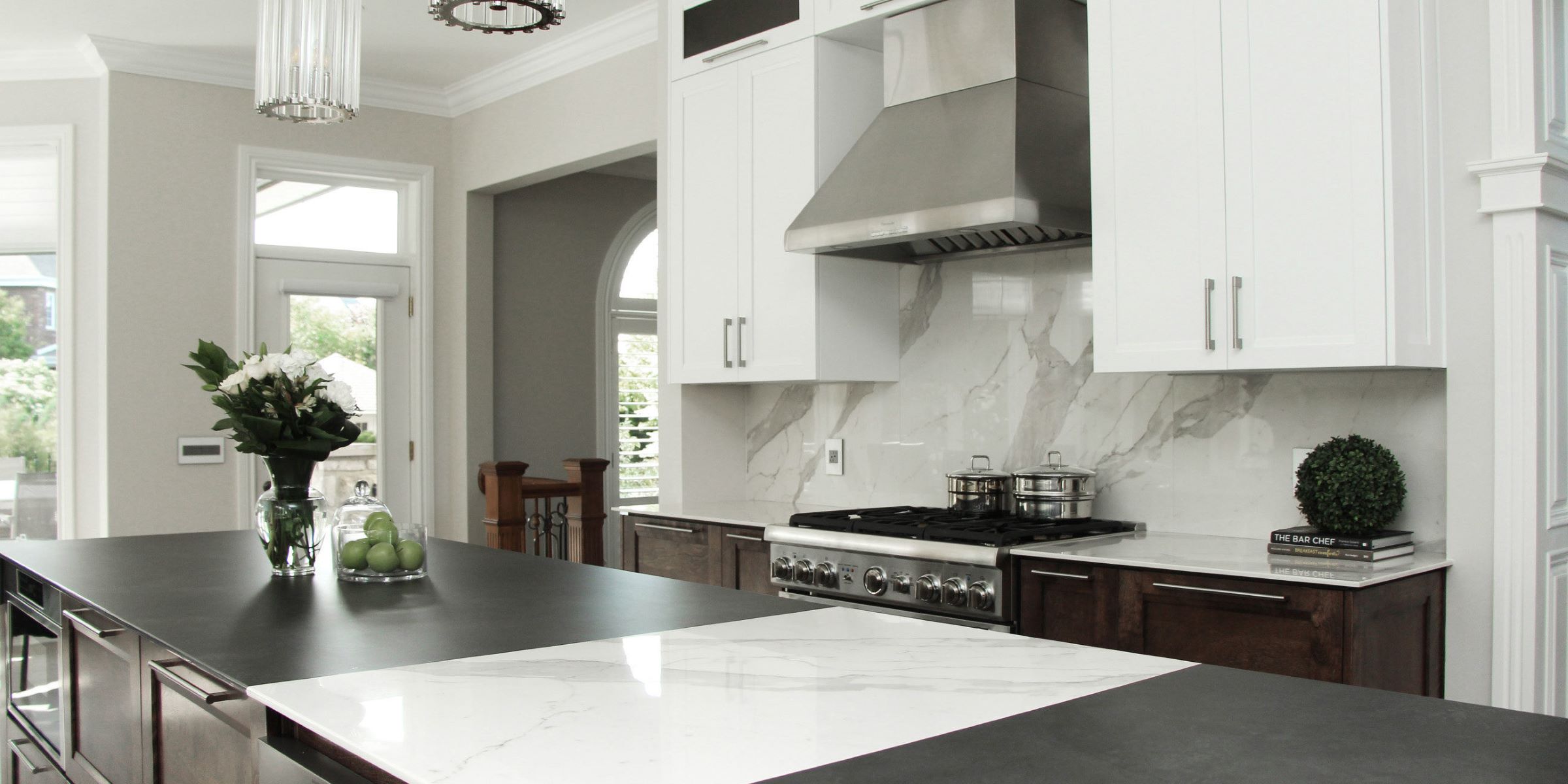

Articles
What Stone Is Best For Kitchen Countertops
Modified: January 18, 2024
Discover the best stone options for your kitchen countertops in our informative articles. Make the right choice for both aesthetics and functionality.
(Many of the links in this article redirect to a specific reviewed product. Your purchase of these products through affiliate links helps to generate commission for Storables.com, at no extra cost. Learn more)
Introduction
Choosing the right material for your kitchen countertops is an important decision. Not only do countertops serve as a functional and practical surface in the kitchen, but they also contribute to the overall aesthetic appeal of the space. With so many options available, it can be overwhelming to determine which stone is best for your kitchen countertops. In this article, we will explore the top choices for kitchen countertops, including granite, quartz, marble, soapstone, slate, and limestone, to help you make an informed decision.
When selecting a material for your kitchen countertops, it’s crucial to consider factors such as durability, maintenance, appearance, and cost. Each type of stone has its unique characteristics and benefits, allowing you to choose the one that best suits your needs and preferences.
Throughout this article, we will dive into the various stones commonly used for kitchen countertops, highlighting their features, advantages, and potential drawbacks. Whether you prioritize durability, aesthetics, or affordability, we’ve got you covered.
So, let’s explore the world of kitchen countertops and discover which stone reigns supreme for your culinary oasis.
Key Takeaways:
- Granite countertops offer exceptional durability and a diverse range of colors, adding value and elegance to any kitchen. While maintenance and installation costs may be higher, the long-lasting beauty makes them a worthwhile investment.
- Quartz countertops provide a perfect blend of style and practicality with exceptional durability, low maintenance, and a wide range of colors and patterns. Despite the initial cost, their long-term value makes them a cost-effective choice for any kitchen.
Read more: What Are Natural Stone Countertops
Granite Countertops
Granite countertops are renowned for their durability and natural beauty, making them a popular choice among homeowners. This igneous rock is formed from the slow crystallization of molten magma deep within the Earth’s crust. Its unique mineral composition and speckled appearance add a touch of elegance and sophistication to any kitchen.
One of the main advantages of granite countertops is their exceptional durability. Granite is resistant to scratches, heat, and most stains, making it ideal for high-traffic kitchen areas. It can withstand the daily wear and tear of cooking and food preparation without losing its shine or structural integrity.
In addition to being durable, granite countertops offer a diverse range of colors and patterns to suit any kitchen style. From classic shades of black, white, and gray to vibrant hues of red, blue, and green, there’s a granite slab to complement any design scheme. Each slab is unique, with variations in veining and speckling, giving your kitchen a distinctive and customized look.
Maintenance-wise, granite countertops require sealing to prevent staining and bacteria growth. While the initial sealing process is necessary, periodic resealing is recommended to maintain the stone’s longevity and protect it from spills and moisture absorption.
However, it’s important to note that granite countertops can be relatively expensive compared to other options. The cost is influenced by factors such as color, rarity, and origin. Additionally, the installation of granite countertops requires professional expertise to ensure a secure and precise fit.
Overall, granite countertops are an excellent choice for homeowners seeking a durable and visually appealing surface. With proper maintenance, they can last for decades while adding value to your kitchen.
Quartz Countertops
Quartz countertops have gained immense popularity in recent years due to their durability, versatility, and low maintenance requirements. Unlike natural stones like granite or marble, quartz countertops are engineered using a combination of natural quartz crystals and resin binders.
The primary advantage of quartz countertops is their exceptional durability. Quartz is one of the hardest minerals found in nature, making it highly resistant to scratches, stains, and heat. This durability makes quartz countertops ideal for busy kitchens, where they can withstand the rigors of daily use without showing signs of wear and tear.
One of the unique aspects of quartz countertops is the wide range of colors and patterns available. Since quartz countertops are manufactured, they can be created in an array of hues, from classic neutrals to bold and vibrant shades. Additionally, quartz countertops can mimic the appearance of natural stones like marble or granite, providing the desired aesthetic without the associated maintenance requirements.
Another advantage of quartz countertops is their non-porous nature. Unlike natural stones, quartz countertops are resistant to staining and do not require sealing. This makes them highly resistant to bacteria, making them an excellent choice for hygiene-conscious homeowners.
When it comes to maintenance, quartz countertops are relatively easy to clean. A simple wipe-down with mild soap and water is usually sufficient to remove spills and maintain their pristine appearance. However, it’s important to avoid using harsh chemicals or abrasive cleaners, as they can dull the surface of the quartz countertops.
Price-wise, quartz countertops are comparable to high-end granite or marble. The cost can vary depending on factors such as brand, color, and complexity of installation. While quartz countertops may be more expensive than some alternatives, their durability and low maintenance make them a cost-effective long-term investment.
Overall, quartz countertops are an excellent choice for homeowners seeking durability, versatility, and low maintenance. With their wide range of colors, patterns, and exceptional performance, quartz countertops offer a perfect blend of style and practicality for any kitchen.
Marble Countertops
Marble countertops are known for their timeless beauty and elegance. This metamorphic rock is formed from limestone that has undergone intense heat and pressure deep within the Earth’s crust. Marble countertops have been revered for centuries, adding a touch of luxury and sophistication to kitchens.
One of the main attractions of marble countertops is their unique and stunning appearance. With its characteristic veining patterns and various hues, marble creates a visually striking focal point in any kitchen. Whether you prefer classic white marble or the dramatic veining of Carrara or Calacatta marble, there’s a wide range of options to suit different design aesthetics.
Marble countertops not only offer exceptional beauty but also a cool and smooth surface that is perfect for baking and pastry preparation. It’s this heat resistance and natural coolness that makes marble countertops a favorite among avid chefs and bakers.
However, it’s important to note that marble is a relatively soft stone compared to other countertop materials. While it is resistant to heat, it is more prone to scratches, stains, and etching caused by acidic substances. As a result, marble countertops require regular sealing and diligent maintenance to protect their surface and prevent permanent damage.
Another consideration when choosing marble countertops is their price. Marble is generally more expensive than other countertop materials, especially high-quality varieties. The cost can vary depending on factors such as rarity, source, and slab size.
Despite its maintenance requirements and higher price tag, marble countertops continue to be a popular choice for those seeking a luxurious and timeless look in their kitchens. The natural beauty and elegance of marble make it a statement piece that can elevate the overall aesthetic of any kitchen space.
When choosing a stone for kitchen countertops, consider the durability, maintenance, and aesthetic appeal. Granite and quartz are popular choices for their durability and low maintenance, while marble offers a luxurious look but requires more upkeep.
Soapstone Countertops
Soapstone countertops are a versatile and unique option for kitchen surfaces. This natural stone is composed mainly of talc, giving it a soft and smooth texture. Soapstone has been used for centuries in various applications, including countertops, due to its durability and distinct aesthetic appeal.
One of the key advantages of soapstone countertops is their heat resistance. Unlike many other countertop materials, soapstone can withstand high temperatures without being damaged or discolored. This makes it an ideal surface for placing hot pans and pots directly on the countertop without the need for protective trivets.
In addition to its excellent heat resistance, soapstone is also highly resistant to stains and bacteria growth. Its non-porous nature prevents liquids and substances from penetrating the surface, making it relatively easy to clean and maintain. While soapstone countertops may develop a natural patina over time, this only enhances their beauty and character.
Soapstone countertops are available in a limited range of colors, typically varying shades of gray. This simplicity in color allows for easy integration into different kitchen styles, whether modern, rustic, or traditional. Over time, soapstone often darkens and takes on a rich, deep hue, further enhancing its appeal.
However, it’s important to note that soapstone is a relatively soft stone, which means it is susceptible to scratches and dents. While these imperfections can add charm and character to the countertop, some homeowners may prefer a surface that maintains a pristine appearance. Regular oiling can help reduce the visibility of scratches and enhance the stone’s natural luster.
Price-wise, soapstone countertops fall within the mid-range category. The exact cost will depend on factors such as thickness, size, and installation complexity. Despite not being as widely known as other countertop options, soapstone continues to gain popularity, thanks to its unique aesthetic and practical properties.
Overall, soapstone countertops offer a distinctive and charming look to any kitchen. With their heat resistance, resistance to stains, and low maintenance requirements, soapstone countertops are an excellent choice for homeowners looking for a natural and eye-catching surface.
Slate Countertops
Slate countertops offer a unique and natural beauty to kitchen spaces. This metamorphic rock is formed from clay, volcanic ash, and mineral deposits, giving it a distinctive layered appearance. With its rich colors and textured surface, slate creates a warm and inviting atmosphere in any kitchen.
One of the key advantages of slate countertops is their durability. Slate is a dense and tough material, making it resistant to scratches, stains, and heat. This makes it an excellent choice for busy kitchens where durability is a top priority.
In addition to its durability, slate countertops are also naturally resistant to bacteria and staining. The non-porous nature of slate prevents liquids and substances from seeping into the surface, making it easy to clean and maintain. Routine sealing can further enhance the stone’s resistance to staining.
Slate countertops are available in a range of earthy colors, including shades of gray, blue, green, and even purple. Each slab has its unique blend of colors and patterns, adding depth and character to the kitchen. The natural cleft surface of slate also provides a rustic and textured look, perfect for creating a cozy and inviting ambiance.
Price-wise, slate countertops fall within the mid-range to high-end category. The cost can vary depending on factors such as thickness, size, and origin. While the initial investment may be higher compared to other options, the durability and timeless appeal of slate make it a long-term investment.
One thing to consider with slate countertops is that they can be more prone to chipping and cracking compared to some other countertop materials. However, proper installation and regular care can help minimize these risks and ensure the longevity of the countertops.
In summary, slate countertops offer a natural and rustic charm to kitchens. With their durability, resistance to stains, and unique colors and textures, slate countertops are an excellent choice for homeowners seeking a distinctive and timeless look.
Limestone Countertops
Limestone countertops provide a unique and elegant option for kitchen surfaces. This sedimentary rock is formed from the accumulation of shells, coral, and other organic materials over millions of years. Limestone countertops are known for their soft and warm appearance, making them a popular choice among homeowners.
One of the main attractions of limestone countertops is their natural beauty. Limestone boasts a range of earthy colors, from creamy whites and beiges to warm browns and grays. The subtle variations in color and veining give limestone countertops a timeless and sophisticated look that complements a variety of kitchen styles.
In addition to its aesthetic appeal, limestone is a fairly soft and porous stone. As a result, limestone countertops may require regular sealing to protect against stains and moisture absorption. It’s important to note that acidic substances, such as citrus juices and cleaners, can etch the surface of limestone, so care must be taken in cleaning and maintenance.
While limestone is not as durable as some other countertop materials, it can still withstand regular use with proper care. It’s crucial to avoid placing hot pans directly on the countertop and to use cutting boards to prevent scratching. Though minor scratches and blemishes can add to the charm of limestone, homeowners seeking a more pristine appearance may need to consider alternative materials.
Price-wise, limestone countertops fall within the mid to high range, depending on factors such as rarity, origin, and thickness. While limestone may be more expensive than some alternatives, its unique beauty and natural appeal make it a worthwhile investment for those seeking a distinctive and elegant kitchen surface.
Overall, limestone countertops offer a soft and sophisticated look to kitchens. With their earthy colors, natural variations, and timeless charm, limestone countertops can enhance the overall aesthetic of any kitchen space.
Conclusion
Choosing the right stone for your kitchen countertops is a decision that combines aesthetics, functionality, and personal preferences. Each type of stone offers its own unique set of characteristics and benefits, allowing you to create the kitchen of your dreams.
Granite countertops are known for their durability and natural beauty, providing a wide range of colors and patterns to choose from. Quartz countertops offer exceptional durability, versatility, and low maintenance requirements, making them a popular choice among homeowners. Marble countertops exude timeless elegance and luxury, perfect for those seeking a sophisticated look. Soapstone countertops offer a unique and charming aesthetic, with heat resistance and low maintenance. Slate countertops create a rustic and inviting atmosphere, with durable and textured surfaces. Limestone countertops provide a soft and warm appearance, with subtle variations in color and a timeless appeal.
When making your decision, consider factors such as durability, maintenance requirements, appearance, and cost. Take into account your lifestyle, cooking habits, and aesthetic preferences. While some stones may require more upkeep or come with a higher price tag, they can provide long-lasting beauty and value to your kitchen.
Ultimately, the choice of stone for your kitchen countertops should reflect your individual style and meet the practical needs of your cooking space. Explore the options, consider your priorities, and consult with professionals to ensure you make an informed decision.
Whether you opt for the durability of granite, the versatility of quartz, the elegance of marble, or the charm of soapstone, slate, or limestone, your choice will ultimately transform your kitchen into a space that is as functional as it is beautiful.
So go ahead, select the perfect stone, and create a kitchen that you’ll love for years to come!
Frequently Asked Questions about What Stone Is Best For Kitchen Countertops
Was this page helpful?
At Storables.com, we guarantee accurate and reliable information. Our content, validated by Expert Board Contributors, is crafted following stringent Editorial Policies. We're committed to providing you with well-researched, expert-backed insights for all your informational needs.
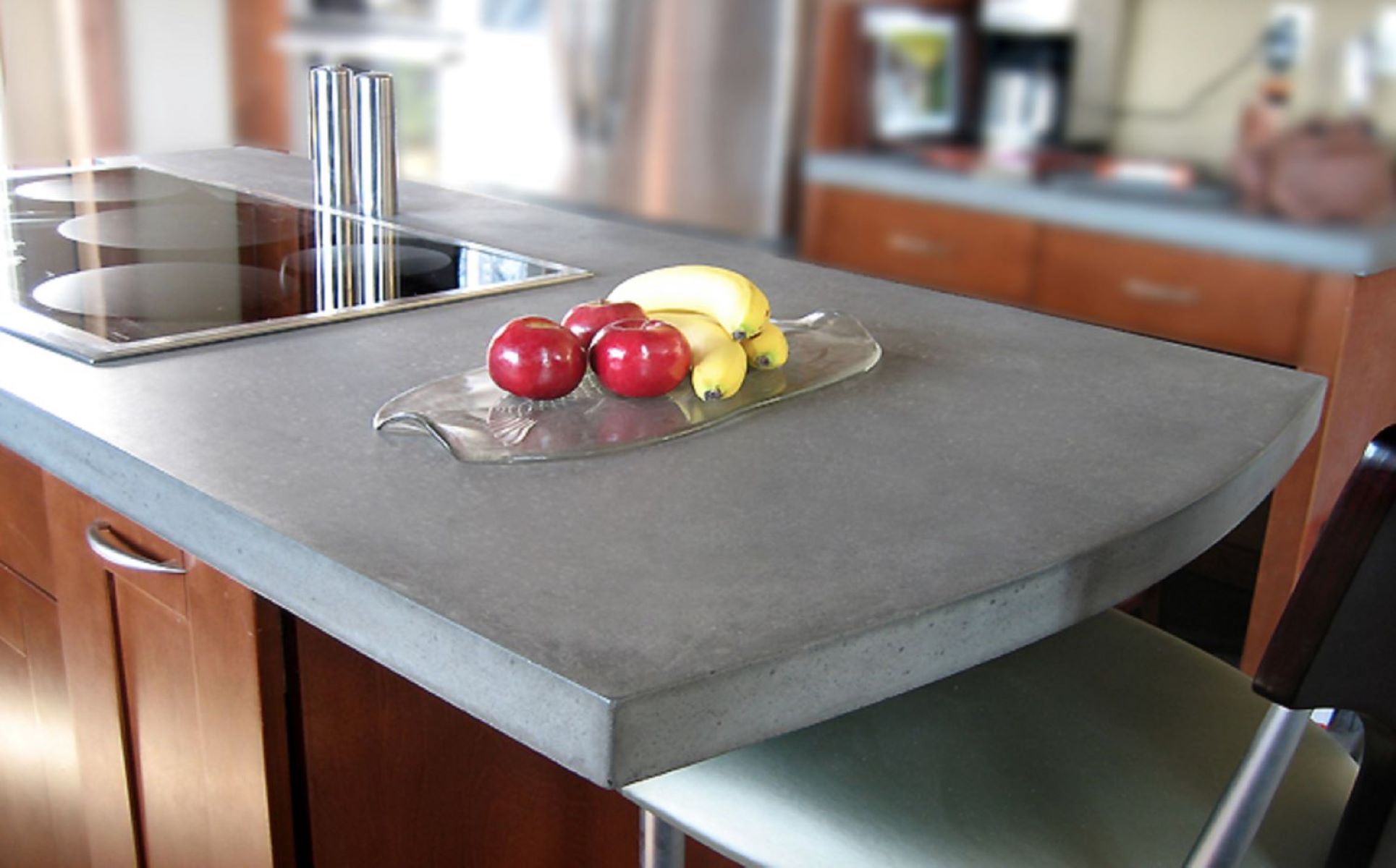
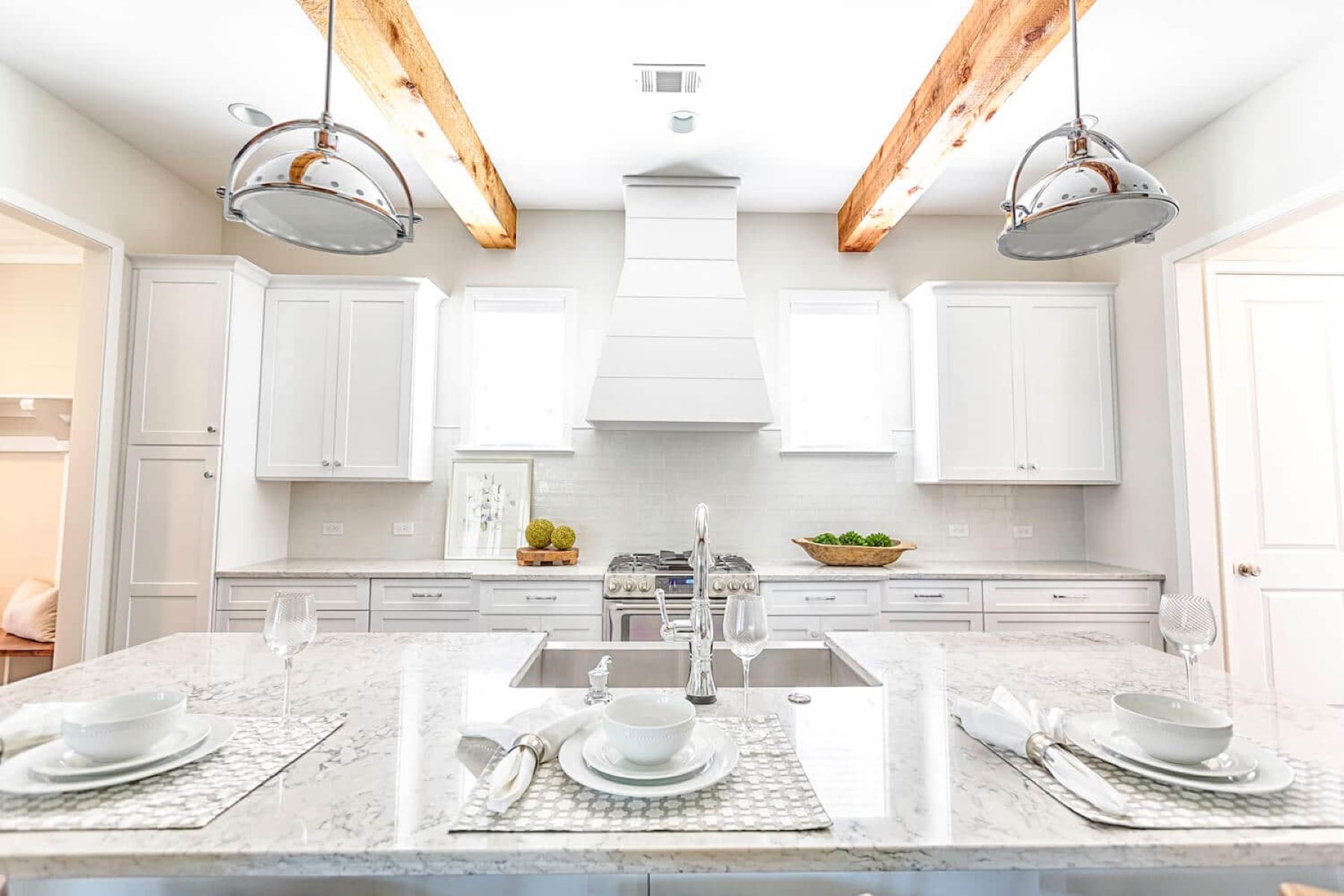
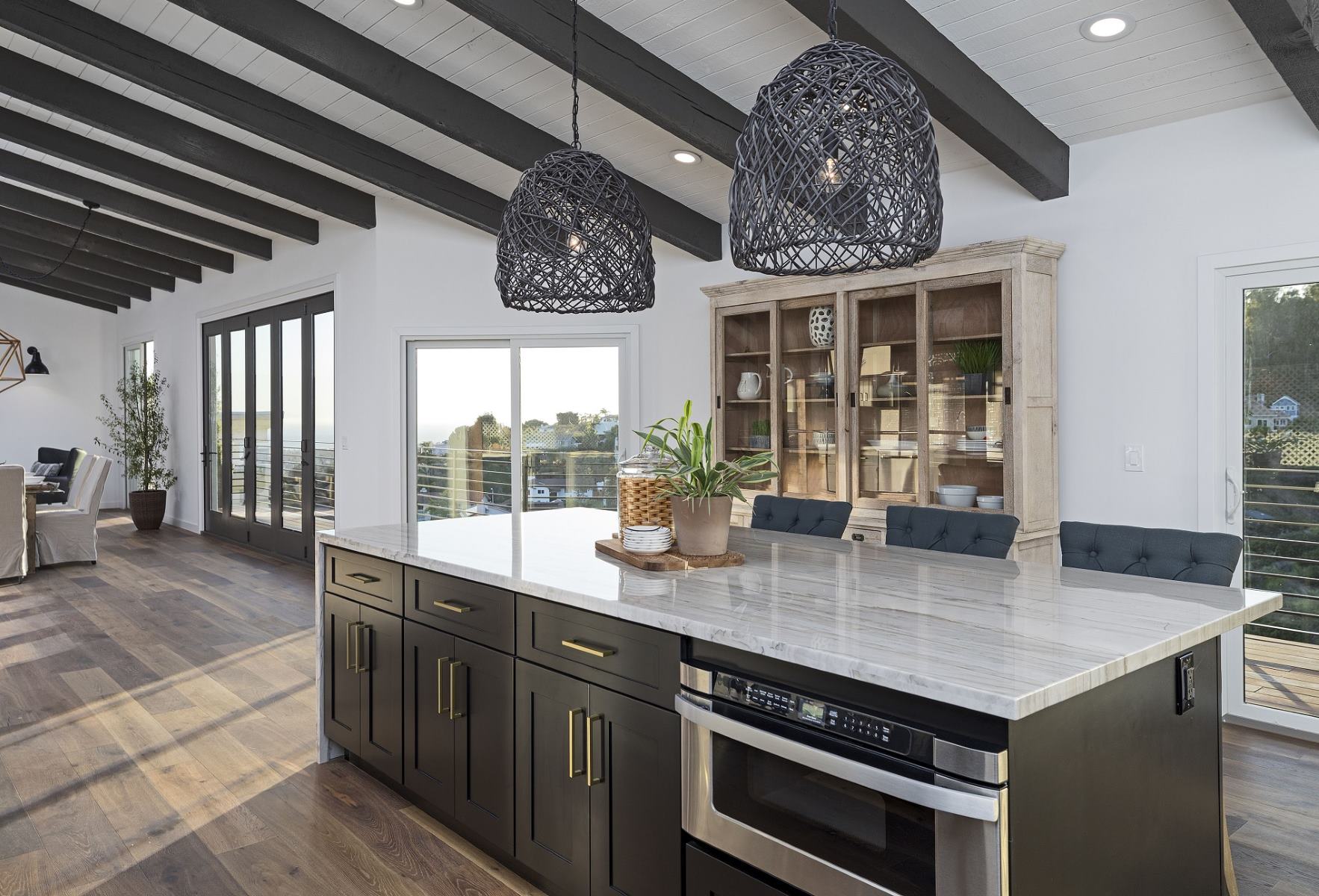
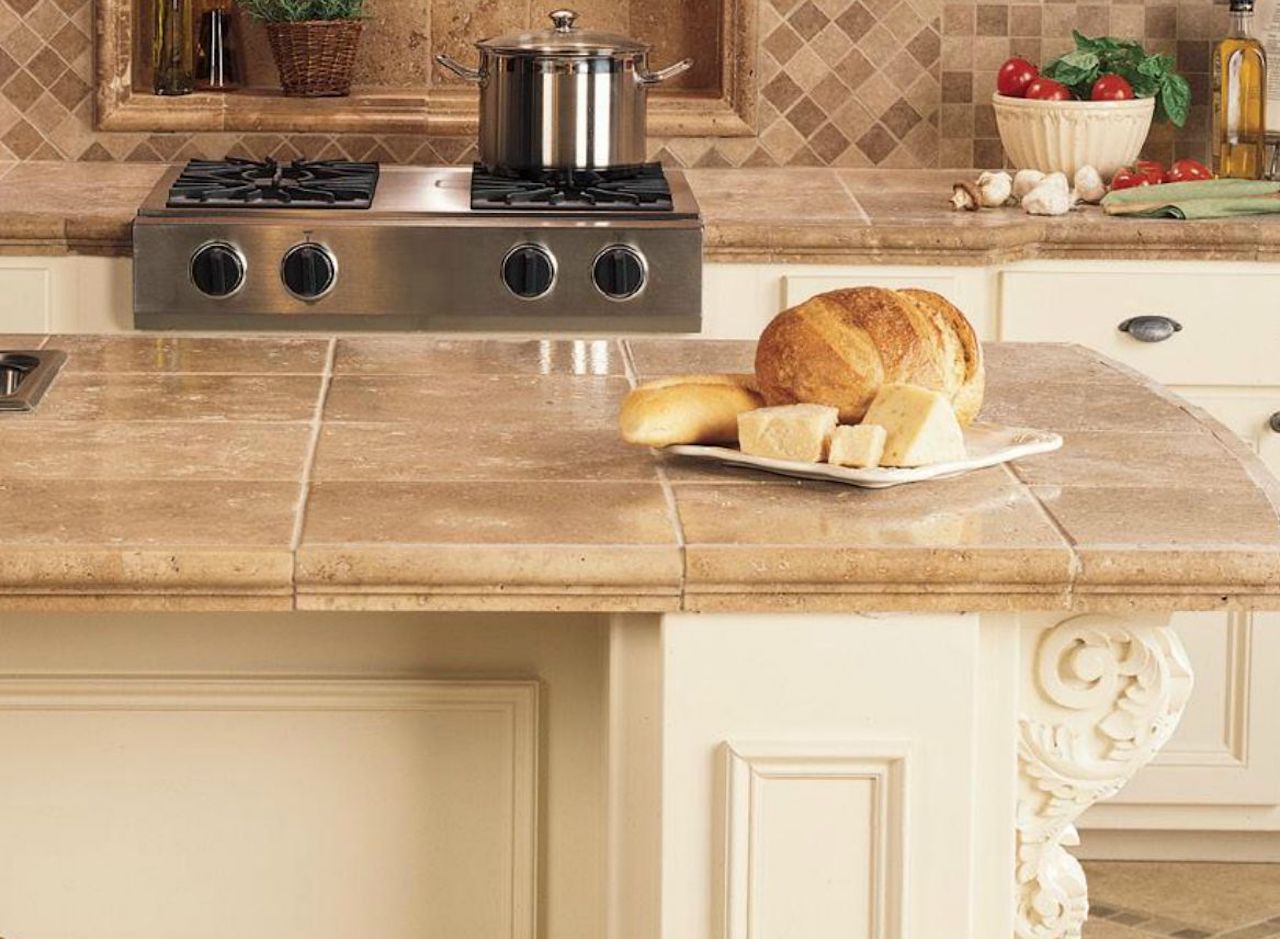
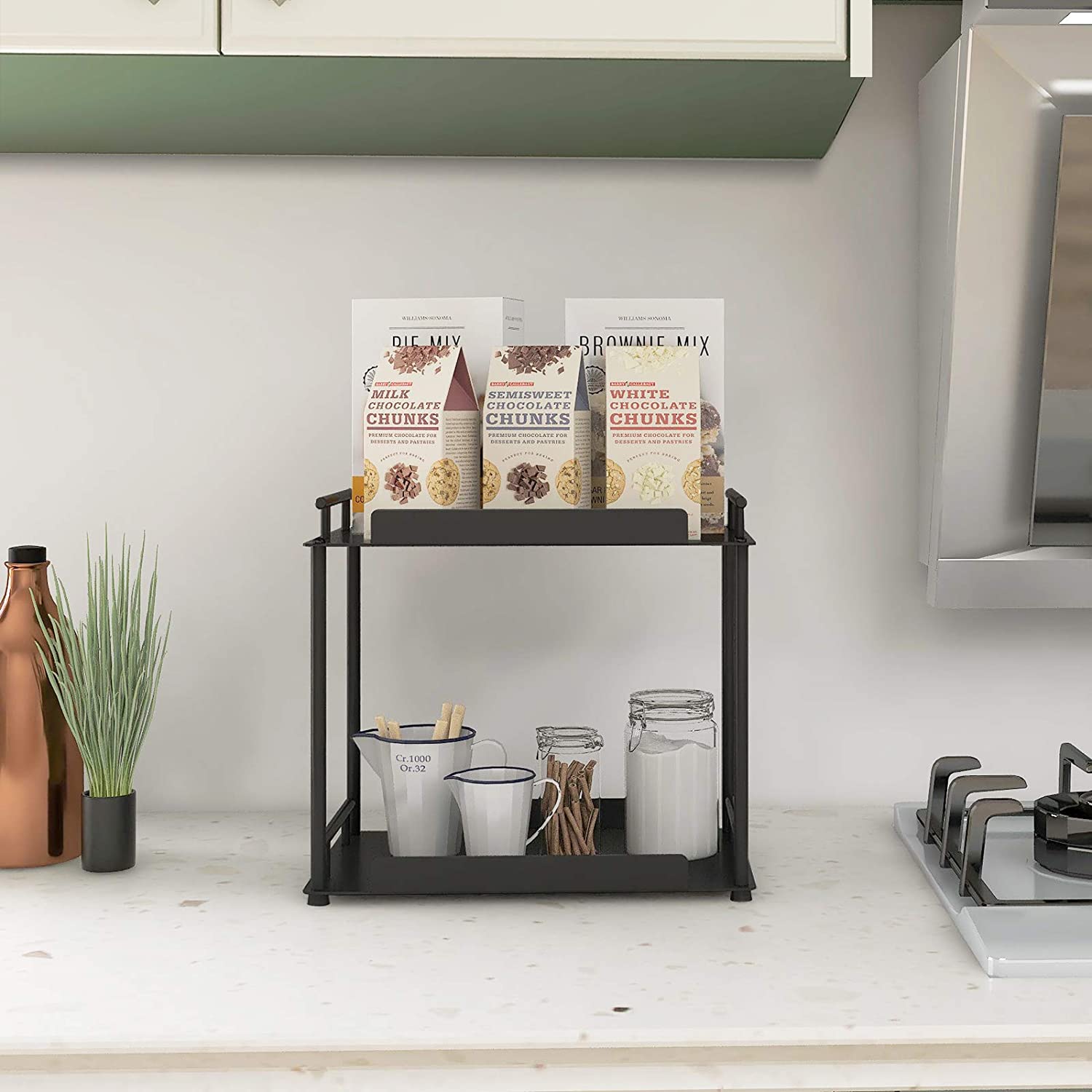
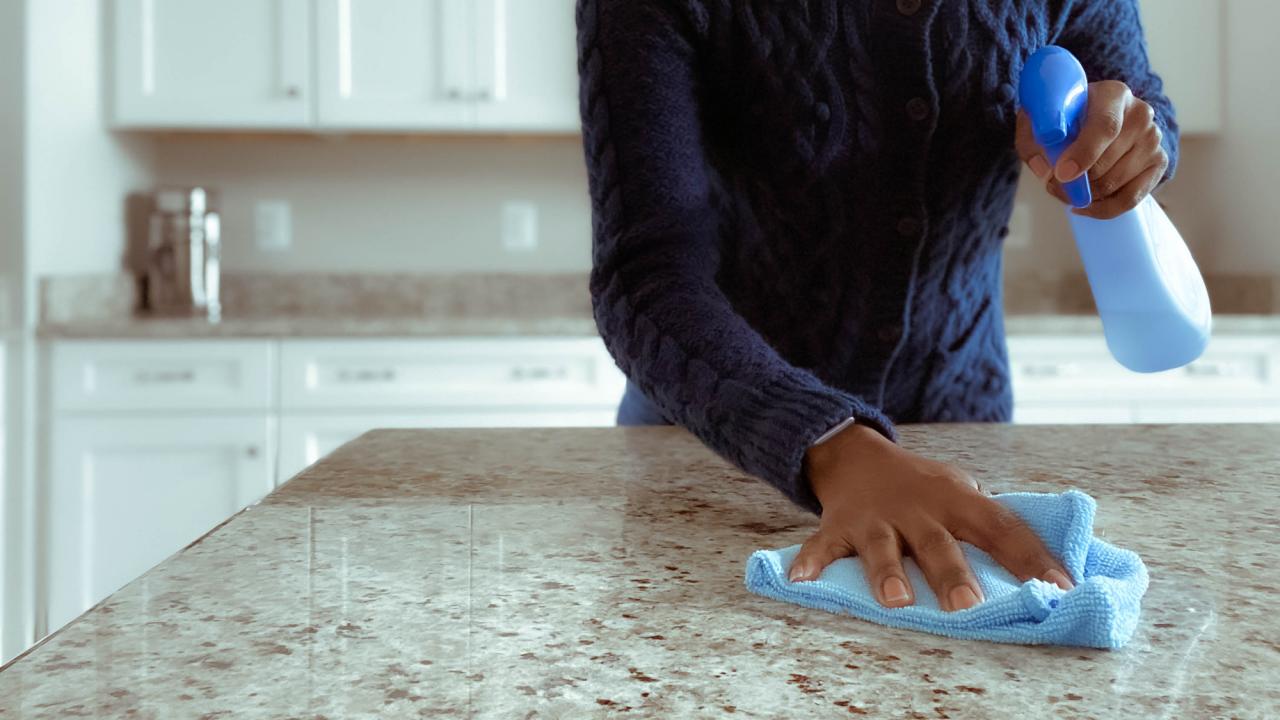
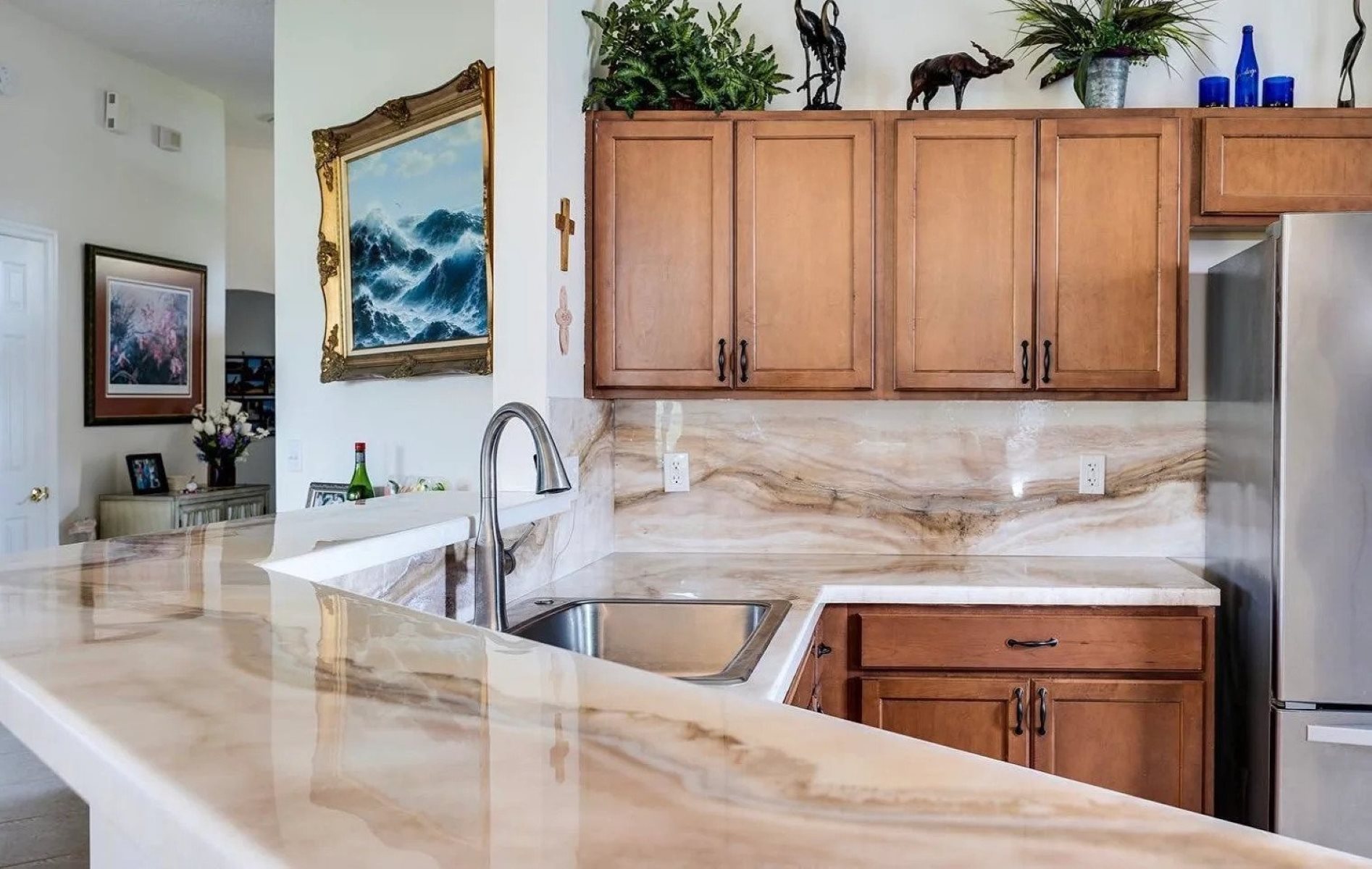
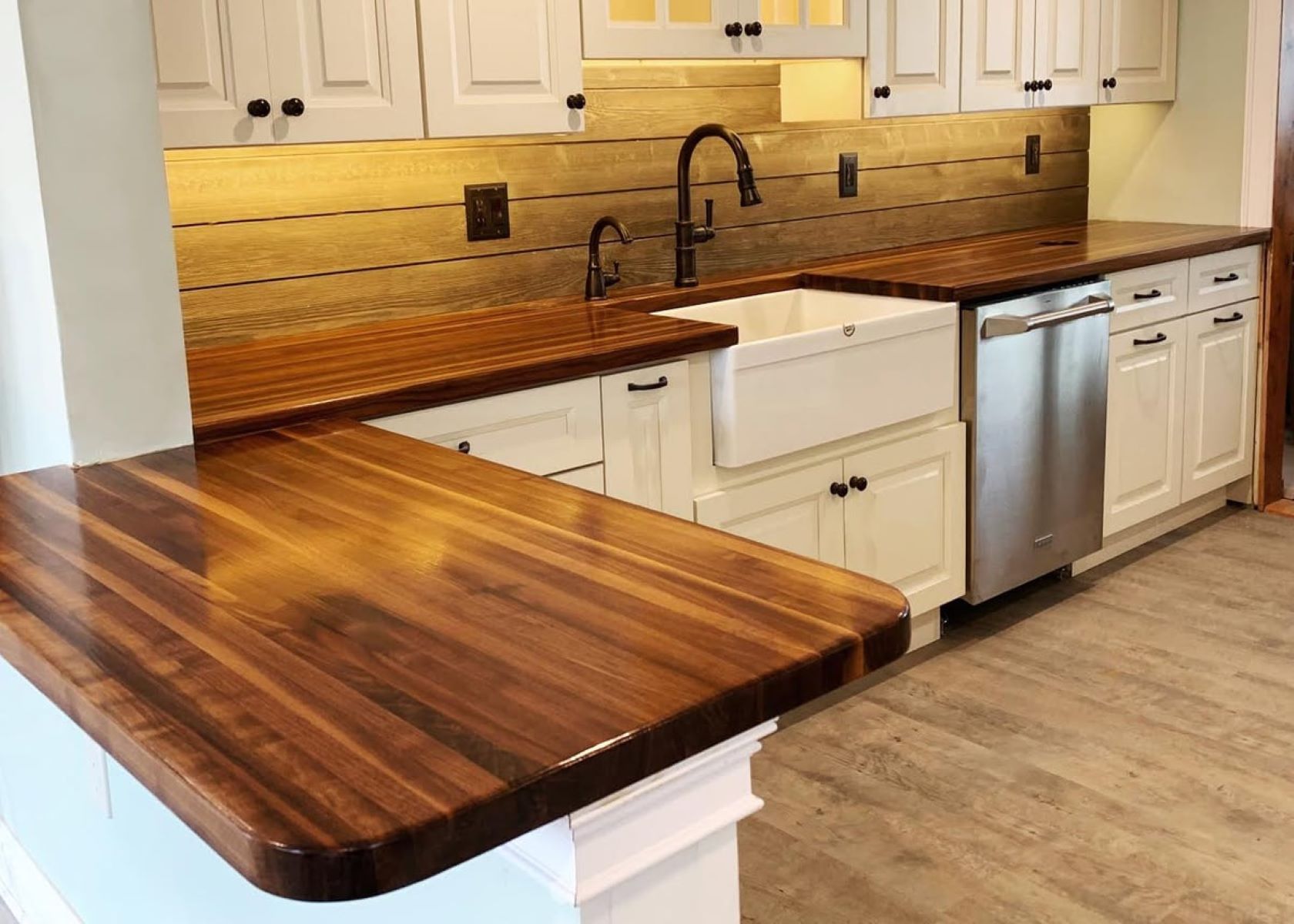
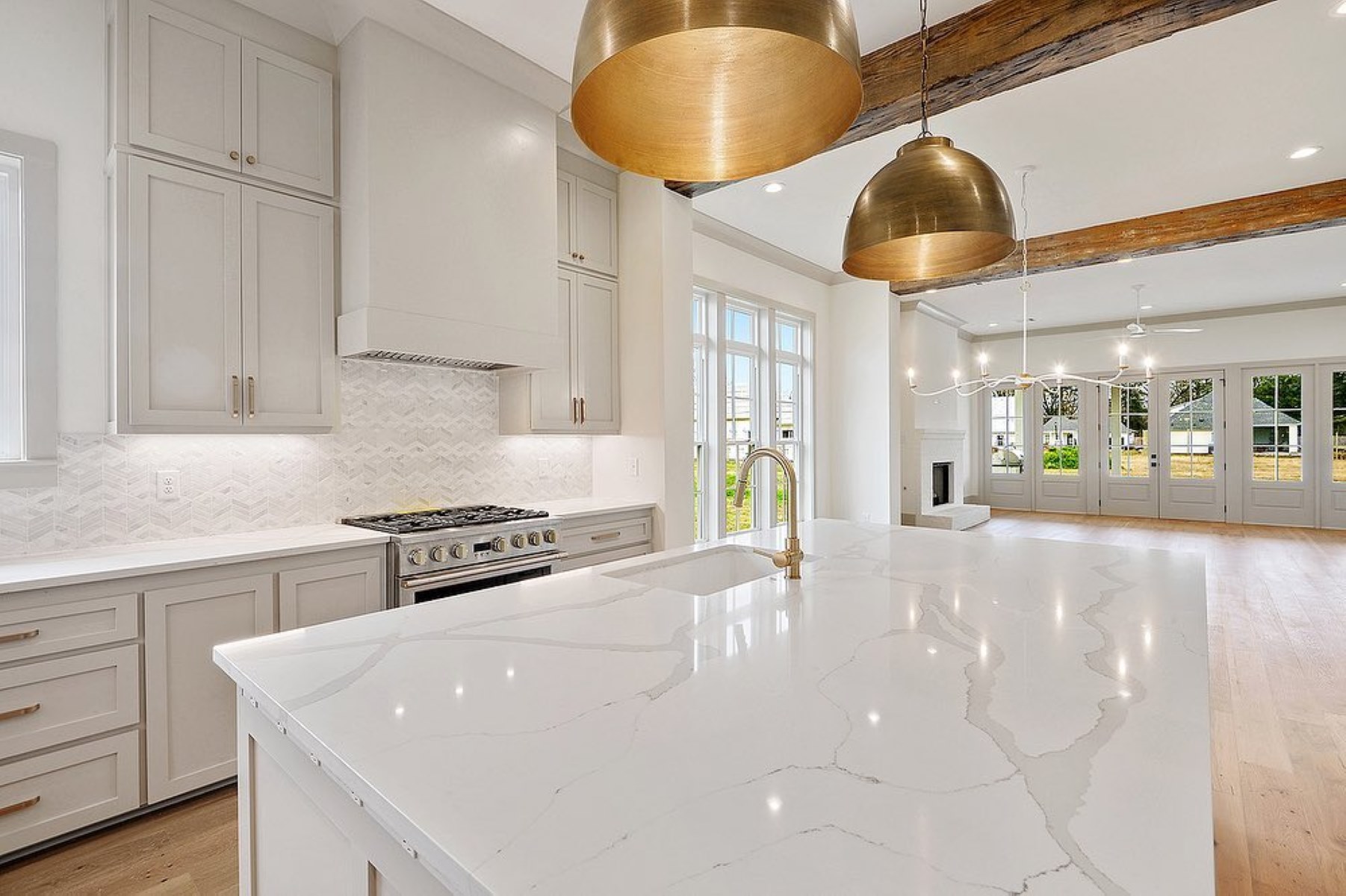
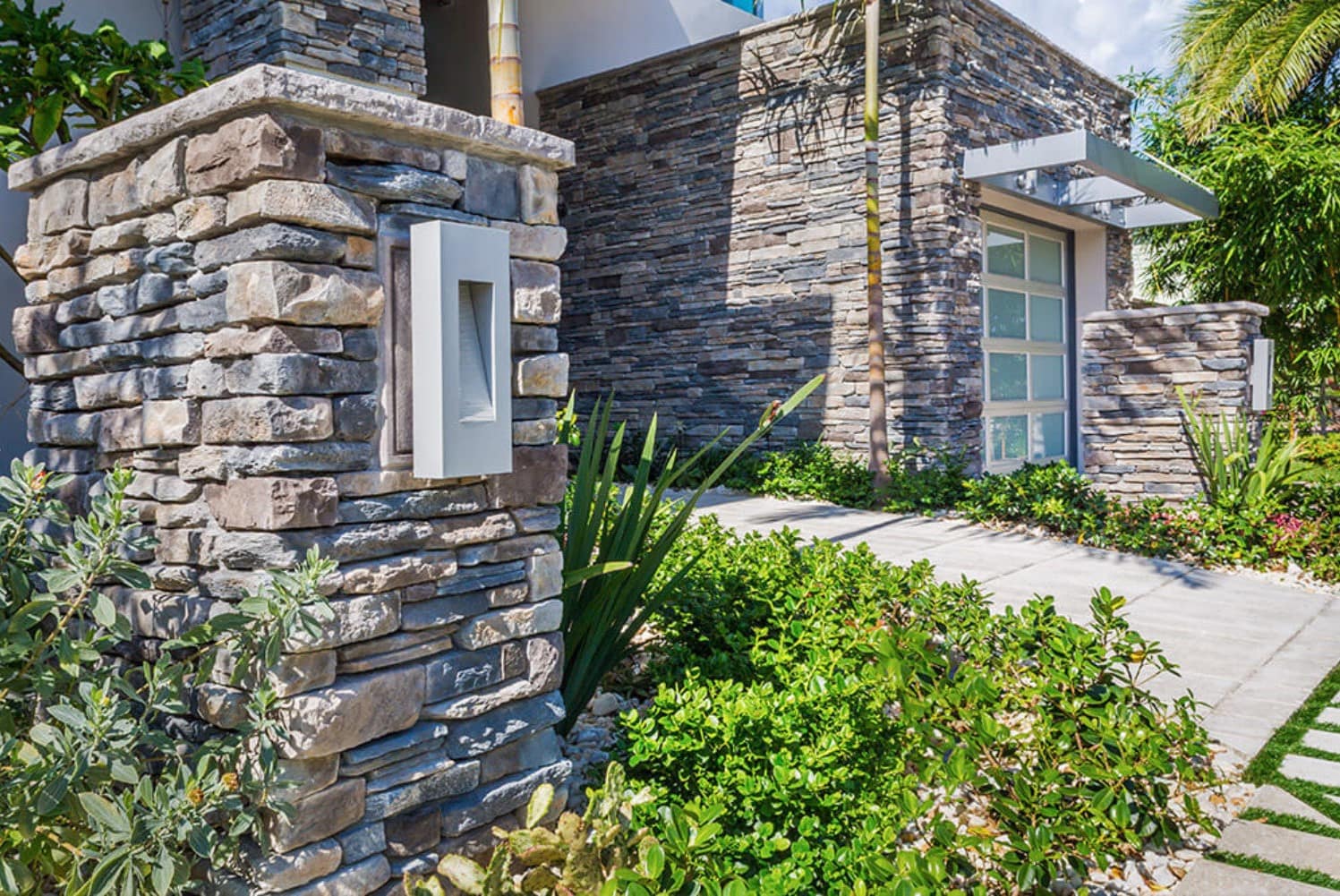
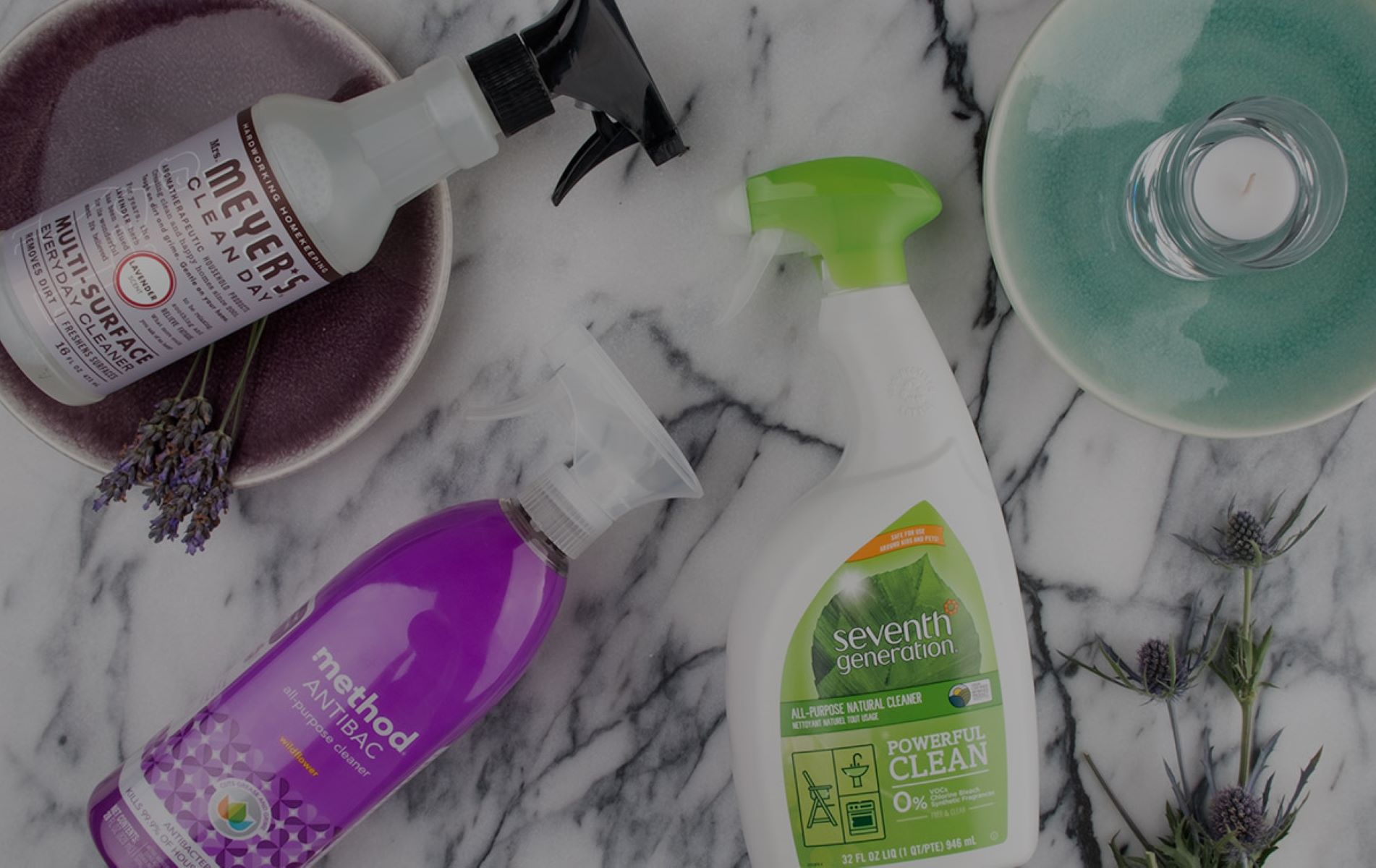
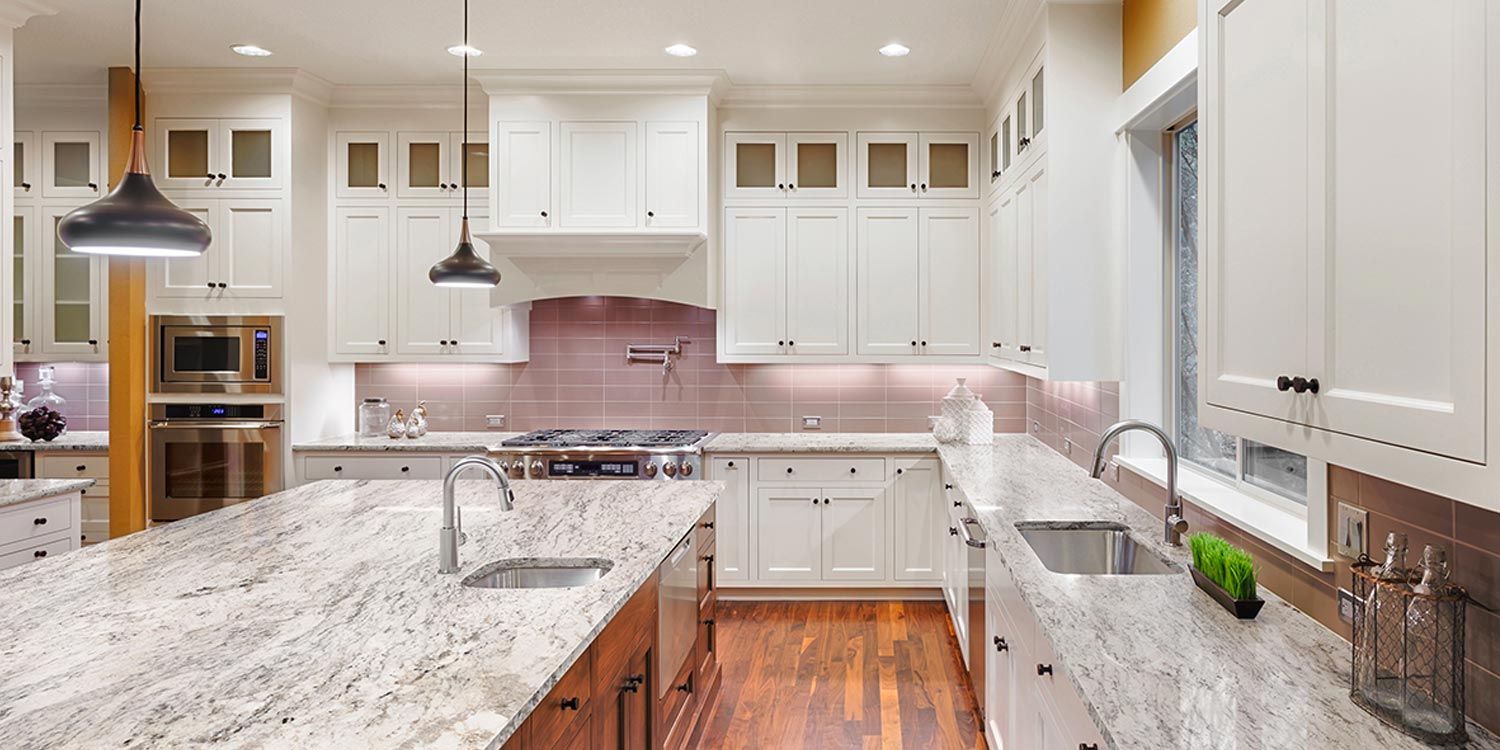
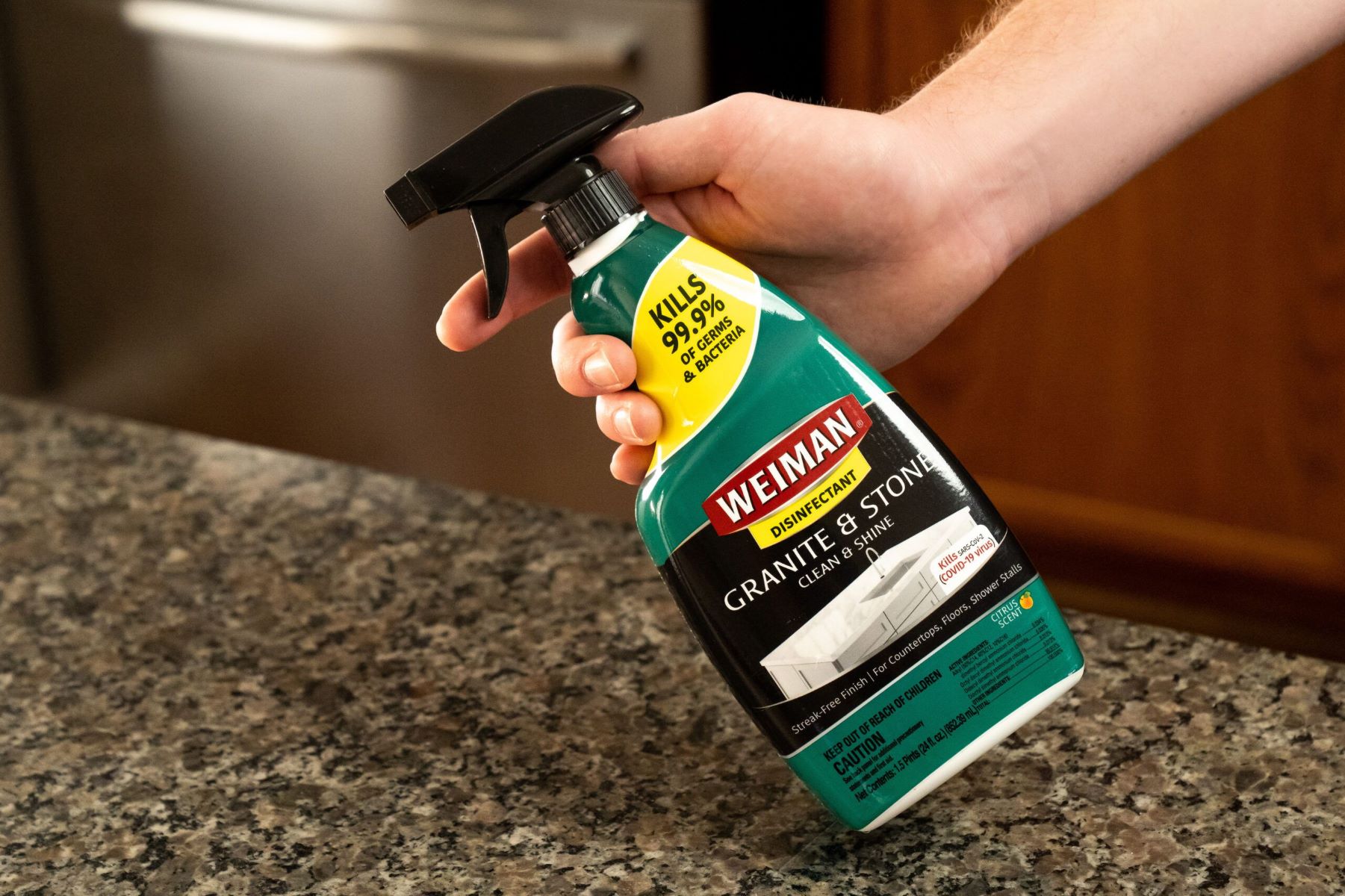
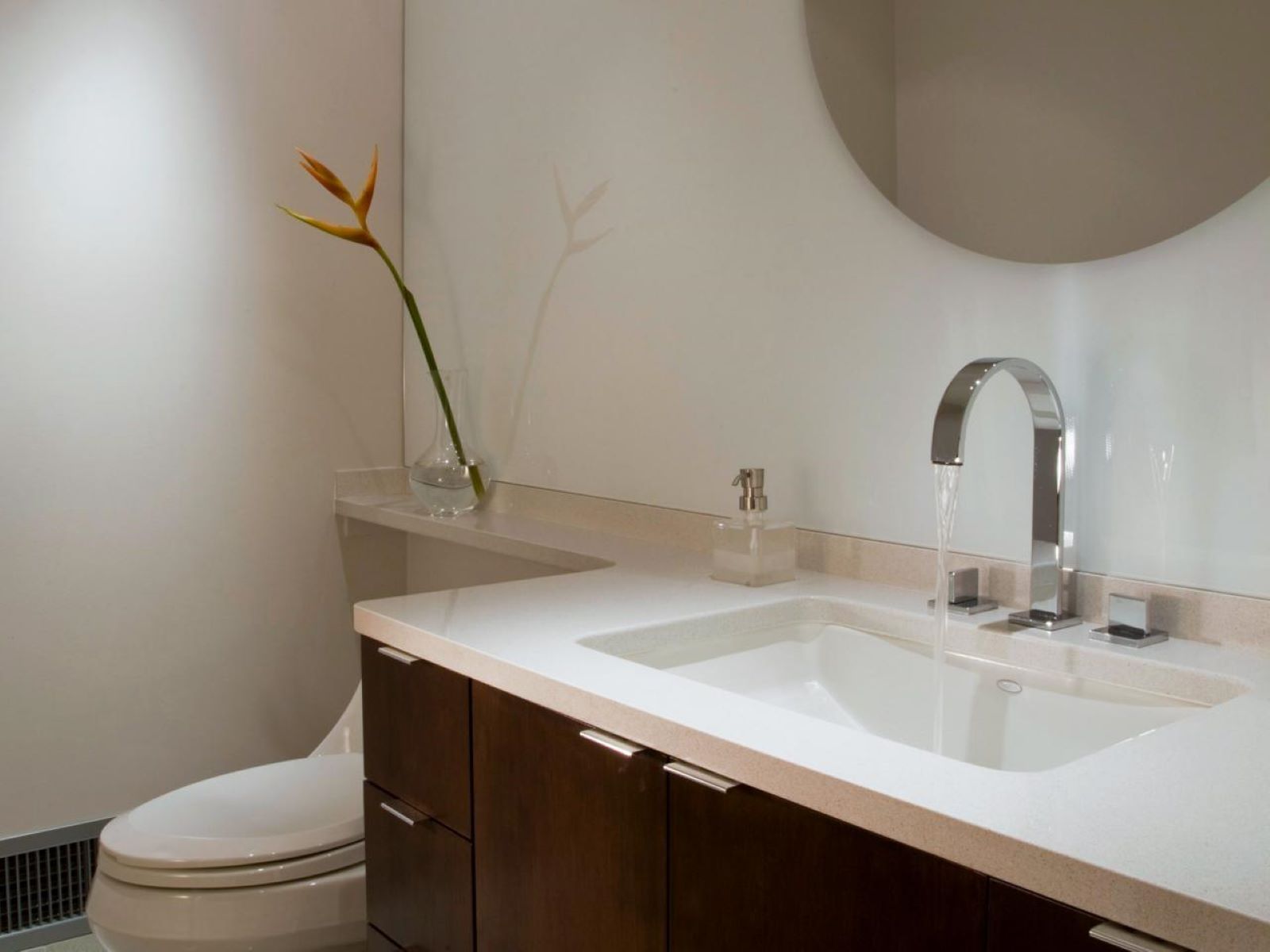

0 thoughts on “What Stone Is Best For Kitchen Countertops”